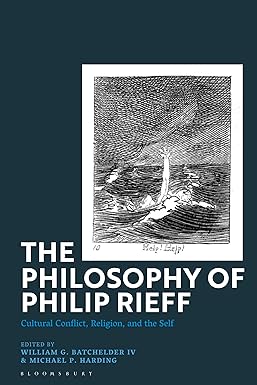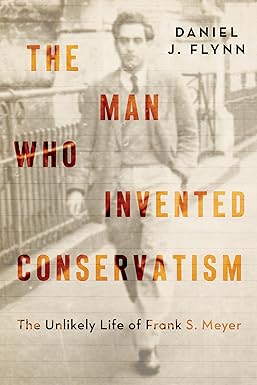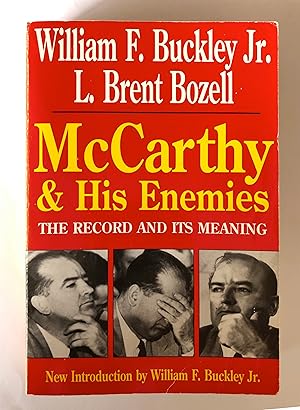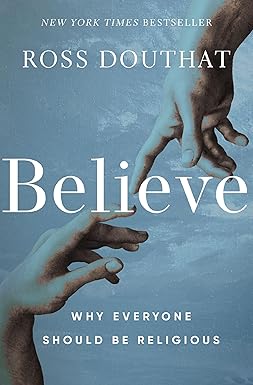The University Bookman
Reviewing Books that Build Culture
Watch James Panero of the New Criterion discuss “The Urbanity of Russell Kirk” at the 2025 Gerald Russello Memorial Lecture.

The Formless Void of the Therapeutic
“We are experiencing, in the post-modern era, a slow-motion clash of visions: one which looks outward to the logos; another which finds meaning emerging from within. We need some sense of hope that psychological man does not extinguish what is best about us. To find hope, we must begin with understanding. To find understanding, we might begin with Philip Rieff and with Rieffian thought as developed in this excellent book.”

Thales College Essay Contest Winners
Thales College, a liberal arts and professional education institution based in Raleigh, North Carolina, hosted an international essay contest for high school students. In line with its tradition of publishing rising thinkers alongside established humane voices, The University Bookman is publishing the top two essays from the contest.

Individualism for the Greater Good
“These American heroes show us that we must be self-reliant, while also being team players and working for the common good. Independence and self-reliance do not make heroes ends in themselves.”

Me to We: Changing the I-llusion
“Belonging need not disappear just because we value independence. In fact, my generation can redefine individualism—not as isolation, but as a chance to strengthen ourselves so we can support each other better. It’s about finding the balance between standing on our own and reaching out a hand when someone else needs it.”

The Truth About Fusionism’s Founder
“…is an impressively investigated and superbly written biography. The incredible narrative is told chronologically in thirty-six chapters enriched by an incredible warehouse discovery that ‘unleashed amazing stories’ and ‘rescued a mislaid, vibrant history’ about a formidable eccentric at the front of a dynamic twentieth-century movement. As unlikely as Meyer’s life was, it is also unlikely that another biography will top Flynn’s splendid portrayal of the cultural warrior who journeyed with supreme optimism to the side he thought could and would win.”

A Fellow of Infinite Jest
“…Peter K. Andersson provides a well-researched and thorough explanation of a man who only appeared to historians as a marginal figure, but who was a seemingly important member of Henry VIII and his children’s social milieu.”

Buckley at 100: The Redhunter, William F. Buckley, Jr.
“[The book] was intended not to confirm all of McCarthy’s accusations or to overlook his failings but instead to attempt to set the record straight about the truths behind many of McCarthy’s allegations and to highlight the danger of ignoring the enemy within.”

Buckley at 100: Countering the Communist Threat
“…McCarthy raised a specific issue that American conservatives in the halcyon days of the modern movement could rally around–whether the U.S. State Department and its security program were corrupted by what Buckley and Bozell deemed the ‘criminal nonchalance’ of the department in its treatment of security and loyalty risks.”

Reason Reimagined: Ross Douthat’s Case for Belief
“…reality shows signs of intelligent design oriented to the good of human beings. Even more, the mind is uniquely capable of discovering that intelligent design. And miracles and supernatural experiences continue to occur in the modern world, even under the microscope of modern science.”
The Book Gallery
A collection of conversations with Bookman editor Luke C. Sheahan and writers and authors of imagination and erudition. Click on the icon in the upper right corner of the video to see more episodes in this series or check out our YouTube page.
